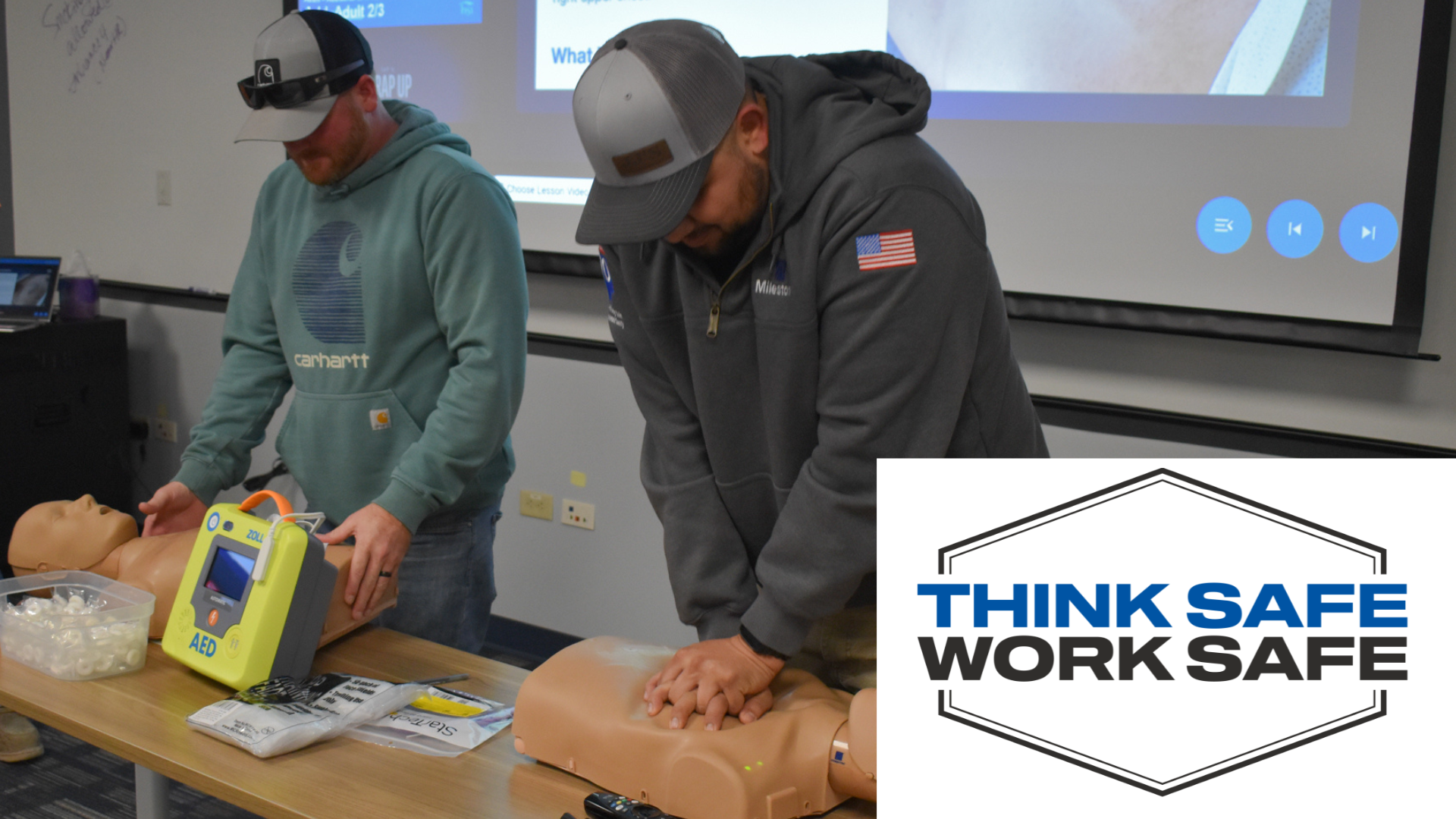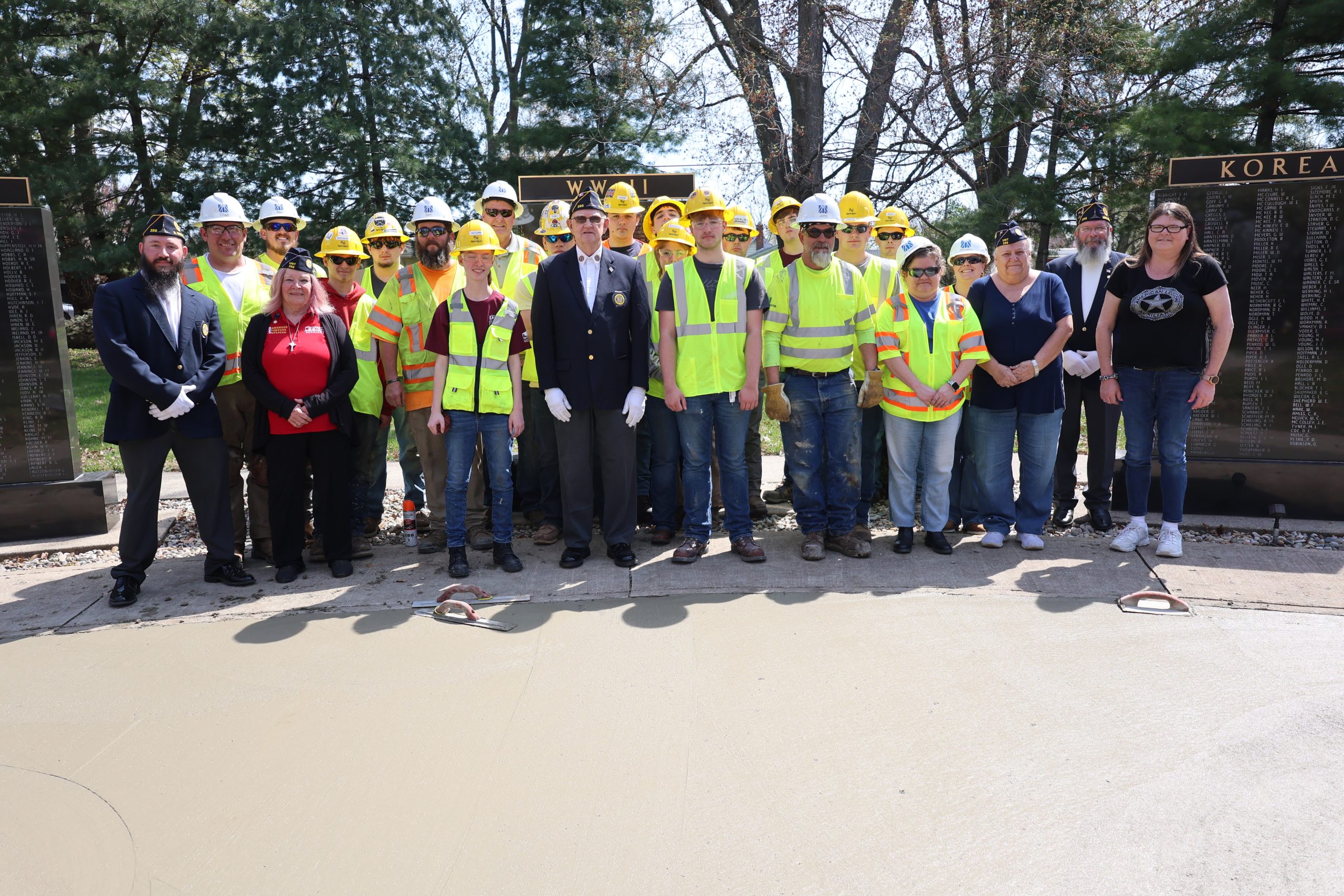

Pavement sustainability continues to be one of the most crucial areas of research in the asphalt industry. While it is common to understand sustainability in a purely environmental context, truly sustainable products and innovations also have positive economic and social implications.
Below, industry sustainability thought leader and Sustainability Engineer at the Asphalt Institute, Dr. Chait Bhat, details the appropriate scope for comparing Environmental Product Declarations (EPDs) per the International Organization for Standardization (ISO) standards language in Asphalt Magazine. His article follows a previous article from Dr. Mark Buncher covering the appropriateness of comparing material EPDs.
In the article Dr. Bhat explores two questions:
An excerpt is included below:
The tale of complexity
How many times have you heard someone say: “But it’s too complex” after you propose a new idea? Complexity should not be the reason we do not pursue a methodology that provides a more complete approach to pavement sustainability.
While the logic for advocating, developing, and using just cradle-to-gate EPDs as part of green public procurement may be that of faster implementation, it is important to remember the overall big-picture objective. Comparing EPDs of materials that may have different long-term performance periods can lead to unintended consequences and be detrimental to the big picture of true sustainability.
“Complexity” being used as a reason for not implementing a more holistic methodology is not new to the asphalt pavement industry. The same “it’s too complex” logic led to a less-than-complete approach to address cracking in the development of Superpave specifications over 30 years ago. Many have said Superpave fixed the rutting problem but at the expense of cracking. We now are seeing many cracking tests being developed and evaluated as part of the more holistic Balanced Mix Design (BMD) method for designing asphalt mixtures.
The challenge
As an industry, we need to challenge ourselves to think beyond the scope of material cradle-to-gate EPDs by exploring a more holistic approach to sustainability that uses pavement-level PCRs and EPDs. This is especially true when using EPDs as part of green public procurement and policy. Not doing so may be easier but will not achieve true sustainability.
To read the full Asphalt Magazine article click here.
Boost This Post

2
This June, the Indiana Construction Roundtable (ICR) hosted an engaging event that was a gathering of industry leaders, aimed at paving the path for the future of construction in Indiana. ICR President Chris Price kicked off the event with a warm welcome and heartfelt thanks to everyone for attending. Following was a spotlight on the […]
Read MoreBoost This Post

26
Every June, we observe National Safety Month, an annual initiative led by the National Safety Council (NSC) to help keep each other safe from the workplace to anyplace. Since its inception in 1996, National Safety Month has provided valuable resources and guidance to help organizations and individuals prioritize safety. At Milestone, safety isn’t just […]
Read MoreBoost This Post

19
Columbia City High School’s Construction Trades students recently partnered with our Milestone Fort Wayne team to contribute to a meaningful project at Holderman Veteran Memorial Park in North Manchester. The students, part of the Construction Trades Career and Technical Education (CTE) program, assisted in pouring a concrete pad for a new statue of a kneeling […]
Read MoreBoost This Post